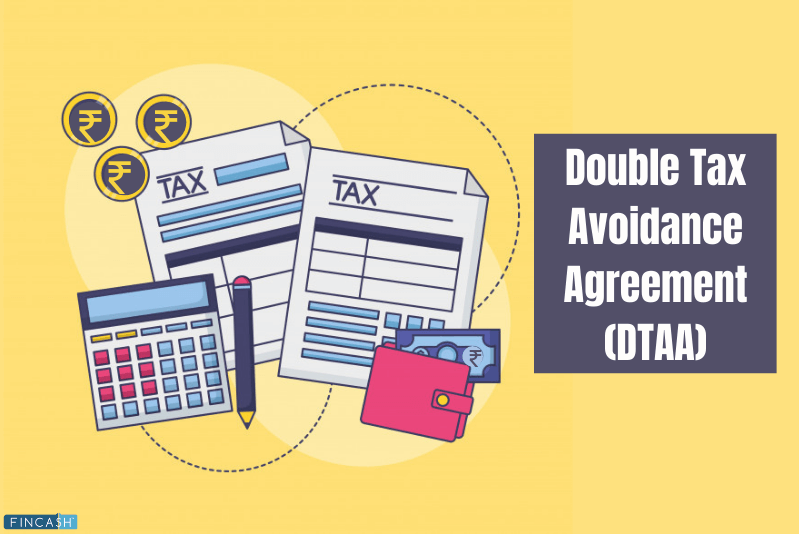
Table of Contents
What is a Hire Purchase Agreement?
A Hire Purchase Agreement (HPA) is a contract between one party, who agrees to Lease property, goods, or services, and another party who pays for that over time. When the payments are complete, the buyer becomes the legal owner of the asset.

The buyer's ownership of the purchased item will be forfeited to the seller if the buyer defaults on any payment. Instead of renting an item monthly, this is an agreement to pay on a per-period Basis. Hire Purchase Agreements in India are governed by the Indian Contract Act 1872 and the Indian Sale of Goods Act 1930.
Who Needs HPA?
When a company or individual buys expensive long-term equipment, this type of credit is helpful. It suits both personal and business needs. For example, if you don't have the cash to buy equipment, but need it right away to conduct business operations or start an expansion project, then hiring someone else's equipment can be a viable option.
HPA Sections
HPA comprises four parts:
- The Agreement
- The Purchase Document
- The Credit Agreement
- Other Documents
Types of Hire Purchase Agreement
There are two types of HPA listed below:
- Personal Hire Purchase - The buyer hires goods or services for individual purposes
- Business Hire Purchase - The company hires goods like machinery for industrial purposes
Talk to our investment specialist
HPA Features
Features of HPA are listed below:
- The buyer must pay the installments to the seller over the specified time
- The buyer can use the asset right after agreeing with the seller
- The hire purchase installment includes both the principal and interest
- Every payment is considered as a hire charge for the asset's use
- The absolute right of the goods is to pass to the buyer on the payment of the last installment
- In the event of non-payment of the installment, the seller may repossess the asset
Hire Purchase Agreement Format
The format of the hire purchase agreement in India is slightly different from that of the rest of the world due to different laws. There are different variations depending on the type of hire purchase agreement between a supplier and a buyer or between a buyer and several suppliers. It is important to follow the format and features of an HPA to protect both parties.
An Indian Hire Purchase Agreement Format consists of the following parts:
- Date and place of agreement
- Parties to the agreement
- Eligibility to enter into the agreement
- Definitions for terms used in the agreement
- Types of products and services covered by the agreement
HPA Costs
The total cost of a hire purchase includes fees or other charges levied by the vendor, as well as the amount of interest charged. If an agreement provides zero percent interest, additional fees are assessed at the end of the interest-free period. Before signing any hire purchase contract, it is advisable to calculate all expenses over the lease term. By law, the vendor must disclose all costs before signing any contract.
Rights of Owner in Hire Purchase Agreement
Below are the rights that owners have as per HPA:
- The owner's rights are determined by the nature of the agreement and vary from one contract to another
- The owner can cancel the hire-purchase agreement if the hirer fails to pay or if the goods are misused
- When a Hire-purchase agreement is terminated, the owner should be entitled to keep the rent that has already been paid as well as the arrears of rent that are owed
Rights of Hirer in Hire Purchase Agreement
Although the hirer has no entitlements, the hirer has these rights in a hire-purchase agreement.
- The hirer can complete the purchase of the goods by paying the hire-purchase price to the owner or any remaining balance after the instalments have been paid
- The hirer should have the ability to end the agreement whenever he or she deems it necessary
- It is the hirer's responsibility to re-deliver the goods to the owner after the Hire-purchase agreement has expired
HPA Benefits
Below are the advantages of HPA:
- Timely payment without any interest charges
- Protection from unforeseen circumstances
- Flexibility to make payments for goods or services over time
- No need for Collateral or security
- Companies with inefficient working Capital can use HPA to deploy assets
- Big businesses, as well as startups, benefit from this
HPA Drawbacks
Below are the disadvantages of HPA:
- When purchasing goods through HPA, the buyer runs the risk of losing money if the decision is changed
- If the product is not in good condition when you get it, it won't be easy to sell it for a higher price
- You have to pay Taxes on what you've spent on the original purchase price for the vehicle
- It is expensive in the long run due to the higher interest costs
- It tempts the users to buy beyond their means
Conclusion
HPA benefits both the buyer and the seller. It allows the buyer to purchase an expensive asset without full payment and the vendor to earn profit margins. With mutual consent, the buyer can pay the initial down payment when the asset is delivered and the outstanding amount in instalments.
All efforts have been made to ensure the information provided here is accurate. However, no guarantees are made regarding correctness of data. Please verify with scheme information document before making any investment.











